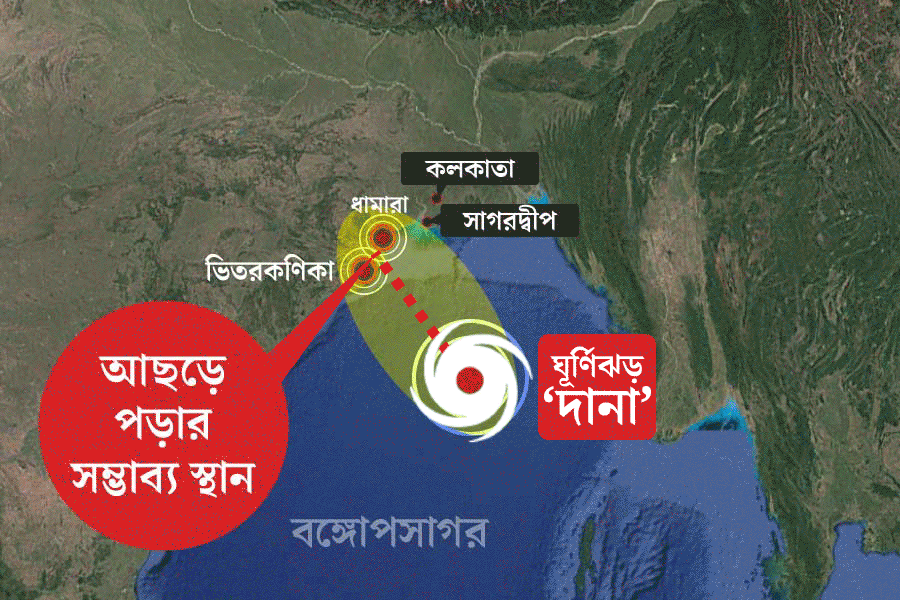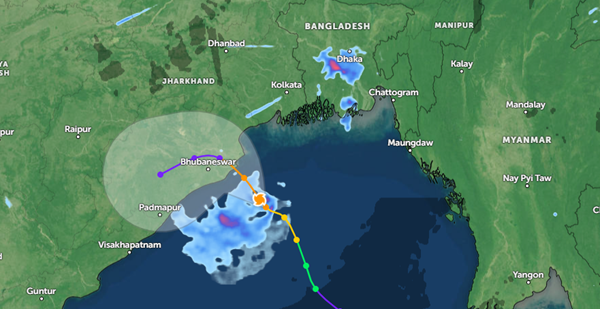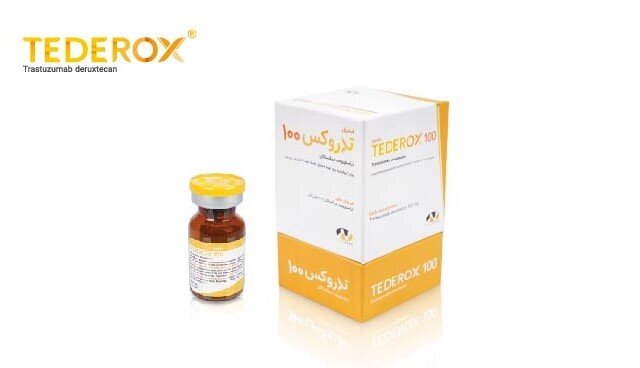
New trade deals are being struck between the United States and Southeast Asian countries, leading to major changes in global grain and oilseed trade. Countries like Indonesia and Bangladesh have signed deals to buy more grain and agricultural products from the United States. This move could cost Australia, Canada and Russia markets in Asia.
Indonesia and Bangladesh have agreed to increase purchases of US agricultural products in exchange for lower tariffs on their exports. Regional grain traders say Vietnam, the Philippines and Thailand could also increase grain purchases.
"US agricultural exports are clearly gaining ground in Asia," said Ole Howe, director of Icon Commodities in Sydney. "Trade agreements are putting pressure on one side, but also the low prices of US wheat, corn and soybeans. They are cheaper than rival exporters."
Asia is a major food importing region and a key market for global suppliers. Growing populations and incomes are driving food consumption in the region. According to the US Department of Agriculture, Asia produces about 30 percent of global wheat, corn and soybean imports. Analysts say the surge in US grain will force rivals to lower prices. It will also increase the cost of transporting grain over long distances to find new markets.
Over the past decade, Black Sea and South American suppliers have strengthened their position in the Asian market. According to the Indonesian Wheat Flour Producers Association, the share of US wheat in Indonesia has fallen by about 50 percent in the past five years, as imports from Ukraine, Russia and Argentina have increased.
Two Singaporean grain traders said Indonesian flour mills have bought about 250,000 tonnes of US wheat since July. The country's association signed a memorandum of understanding (MOU) to buy 1 million tonnes of US wheat a year as part of negotiations to reduce tariffs. The US sold 693,000 tonnes of wheat to Indonesia in 2024. Australia usually supplies about a quarter of Indonesia's wheat needs. But the new deal could mean the country could lose several million tonnes of sales.
On the other hand, an official from the Bangladesh Food Ministry said that Bangladesh has approved the import of about 220,000 tonnes of US wheat as of July 30. No wheat was purchased from the US in 2024. On July 20, Bangladesh pledged to import 700,000 tonnes of US wheat annually to strengthen trade relations.
Vietnam is one of the fastest-growing markets for animal feed. The country will import US wheat, corn and soybean meal. Last June, the Vietnamese Ministry of Agriculture said that farms there would sign a memorandum of understanding to buy US agricultural products worth $2 billion. This will include $800 million worth of products from Iowa, which include corn, wheat, dry grains (mainly animal feed) and soybean meal.
Thailand and the Philippines could emerge as major importers of US corn, according to two Singapore-based traders. One trader said Thailand could buy more than a million tonnes of US feed corn as an alternative to Black Sea feed wheat and Asian corn.
"We have had fruitful trade talks, which has given us a strong market for U.S. products in our region," said Timothy Loh, regional director of the U.S. Soybean Export Council. "
Some U.S. agricultural products are now available at competitive prices compared to other regions. This week, U.S. soft white wheat was selling for about $280 per ton, about the same as Black Sea wheat of the same quality. U.S. corn is $10-15 per ton cheaper than South American products. U.S. soybean meal is also available at a $5 discount compared to competing suppliers.







































